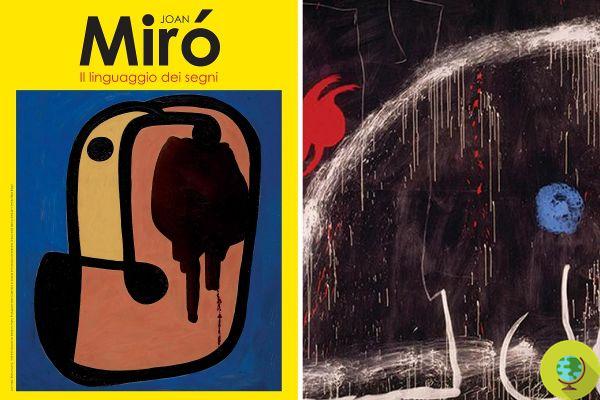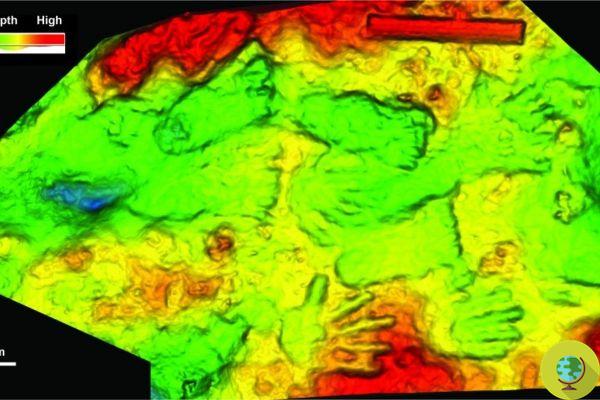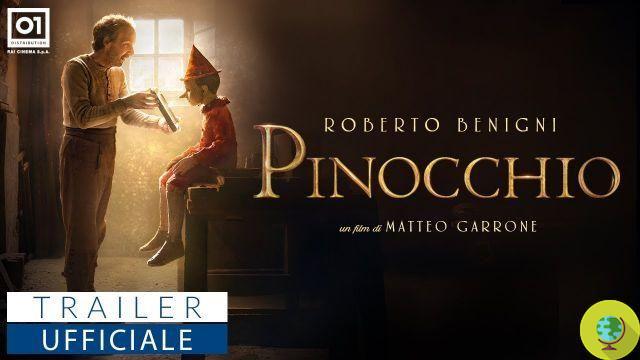
If it is taken for granted, it is less pleasant. Thus, if a chord, a note, an unexpected (but perfect) sound appears, the music is more pleasing to our ears. Research from McGill University shows that the musical unexpected activates our brain's reward center and we appreciate more the music we listen to
Don't store avocado like this: it's dangerous
If it is taken for granted, it is less pleasant. Thus, if a chord, a note, an unexpected (but perfect) sound appears, the music is more pleasing to our ears. Research from McGill University shows that the musical unexpected activates our brain's reward center and we appreciate more the music we listen to.
Not even this result was taken for granted, in reality. In fact, apparently "out of context" chords could make one think of discordant notes, but this is not the case. If composed appropriately and musically perfect, they make everything more pleasant, "turning on" that part of the brain dedicated to enjoyment.
The researchers proposed an exercise to 20 volunteers: each participant, in particular, had to choose a color, then a direction and each choice led to a consonant musical extract, therefore pleasant, or dissonant, therefore unpleasant. Over time the volunteers learned which choices most likely led to consonant and dissonant music.
The test was designed to create aexpectation of musical pleasure or dissatisfaction and the subjects performed this task while their brain activity was monitored with functional magnetic resonance imaging (MRI).
Using an algorithm, the researchers then determined the reward prediction error for each choice, i.e. the difference between an expected reward and the actual reward received.
Comparing the data with those of MRI, they then found that the prediction errors were related to the activity of a brain region that in previous studies has been shown to be active when the subject tries. musical pleasure. So if an unexpected sound arrives, the brain reacts by activating an appreciation response, which was previously monitored with more "tangible" pleasures such as money, food or sex.
But not only: the pleasure stimulates thelearning. This deduction might seem obvious, but this experiment is the scientific proof: Music as a neurobiological reward is able to motivate learning, showing how an abstract stimulus can engage the brain's reward system in a potentially pleasant effect and motivate us to listen to it again and again.
"This study improves our understanding of how abstract stimuli such as music activate the pleasure centers of our brain - explains Ben Gold, co-author of the work - Our results demonstrate that musical events can elicit reward prediction errors such as those observed for concrete rewards such as food or money and that these signals support learning ”.
The (pleasant) discoveries are source of joy and lead to wanting to know more of that unknown "world". From children to adulthood.
The study was published in Proceedings of the National Academy of Sciences.
Read also:
- This is the music that empowers your divergent thinking
- From Ed Sheeran to Bach, here's the music that helps you sleep better according to scientists
Roberta de carolis

























